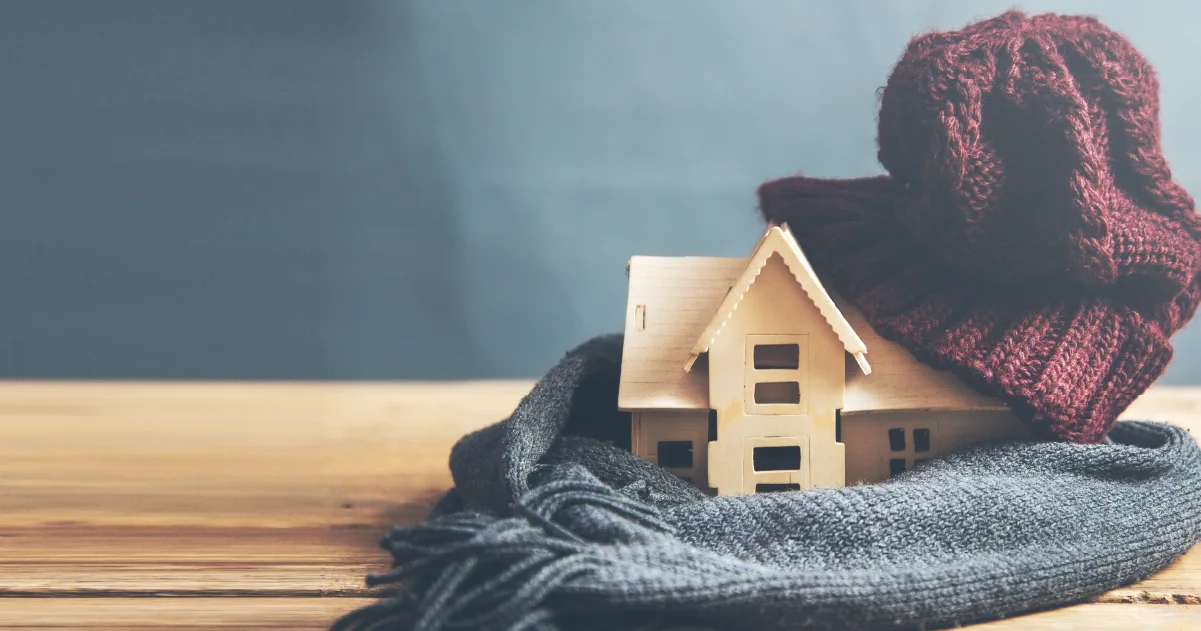PREPARING YOUR HOME FOR WINTER: NEW HOMEOWNER TIPS
As a new homeowner, your first winter can be a stressful time. Now you own a property.But it comes with the responsibility to keep it safe and warm. This is especially demanding in those cold months.
Winter can be harsh on structures. Doing some things before then will help you to avoid expensive repairs and needless worries. The following are some tips to make your home winter-ready.
Roof and attic insulation
Poor insulation can increase the cost of heating the house. It can also lead to the formation of ice dams on the roof. In fact, this is where all the heat will be lost. Richmond Realtors often point out that the roof takes the most hits during harsh winters. This is true especially when insulation is inadequate and ice dams form.
Therefore, assess your attic’s insulation levels. Are there thin spots or drafts? Then you should heatproof further. Adequate insulation will maximize the efficiency of your heating system.
Clean the roof gutters
Leaves and debris block your gutters over time. As a result, the melting snow and ice cannot drain. This may result in:
- A leaking roof
- Ice formation
- Water trickling into your basement.
The solution is to empty your gutters and downspouts. Ensure that water can move freely. Also, channel the run-offs at least five feet from your structure.
Check on your HVAC system
Your heating will be working extra hours during the winter season. You should ensure that it is ready. Here is how to do that:
- Change or clean air filters
- Take a look at vents to clean up any blockages
- Get a professional tune-up.
This will ensure that your system is efficient.
Test your toxic air detector
The cold season means closing your house against the cold air. As a result, air circulation is affected. That is why it is important to monitor indoor air quality. Ensure that your carbon monoxide (CO) detector is in good working order. Change the batteries where necessary. CO leakage is a silent killer and usually happens as a result of faulty furnaces/fireplaces.
Protect your internal pipes
Hardened pipes are one of the most prevalent winter disasters. This is what happens during low temperatures:
- Water freezes
- The pipes expand
- They burst open.
You can prevent this by covering pipes in the unheated spaces. Pay attention to the basement and crawl spaces.
Use a heating tape to insulate the pipe. It is such a cheap solution. During very cold nights, leave cabinet doors open. This way, warm air will circulate around pipes. Also, always let the faucets drip a little. Consequently, they will not freeze.
Protect external pipes and faucets
First, disconnect garden hoses. Secondly, turn off outside faucets before the hard freeze. In case your home has water lines that lead outside your house, wrap them with insulation or cover faucets. This will prevent the bursting of outdoor pipes that will lead to water damage in your walls or foundation.
Wrapping up
These winter tips will serve you well as a new homeowner and safely secure your investment. You will have the peace of mind that your home is prepared to face anything.


